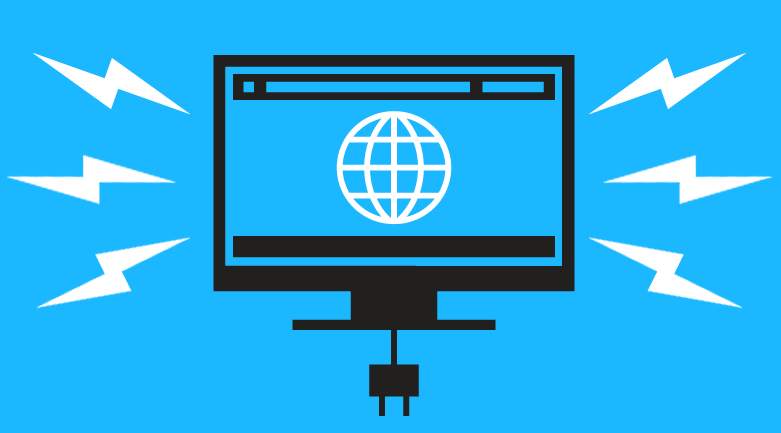
Civil Rights and Media Justice Groups Call on the FCC to Scrap Its Online-Discrimination Plan
Contacts:
Brandi Collins, Center for Media Justice, 510-698-3800, ext. 409
CJ Frogozo, ColorOfChange, 310-570-2622
Brian Pacheco, National Hispanic Media Coalition, 213-718-0722
Timothy Karr, Free Press, 201-533-8838
WASHINGTON -- Voices for Internet Freedom, a network of civil rights and media justice groups, is troubled by reports that Federal Communications Commission Chairman Tom Wheeler will introduce rules to allow Internet service providers to discriminate online. This proposal would undermine the open Internet and Net Neutrality.
Under this plan, ISPs would be allowed to provide preferential treatment to companies that pay extra fees to have their Web traffic delivered at faster speeds. Companies and individuals who are unwilling or unable to afford the extra costs would end up in the Internet slow lane.
The rules, which will be voted on at the FCC meeting on May 15, were issued in response to a January federal court decision that tossed out the agency's Open Internet Order.
The court ruled that the Commission could not adopt Net Neutrality rules that prevent online discrimination without first reclassifying broadband Internet access as a common-carrier service. But the chairman remains reluctant to take such action even though more than a million people in January called on the FCC to adopt strong Net Neutrality protections.
The following statements are from members of Voices for Internet Freedom:
"The core of the open Internet has always been the principle of nondiscrimination — a commitment to treating all content equally and providing a platform that truly benefits everyone," said Amalia Deloney, policy director at the Center for Media Justice. "If the FCC moves away from a democratic standard to one in which big companies can pay more for the access they want, the companies will increase their profits while our communities will face a heightened level of discrimination. Standards like 'commercial reasonableness' will never serve the public interest; instead they allow corporations to pay more for better access, creating an Internet that is separate and unequal."
"The FCC chairman plans to deliver a gift to ISPs, which are among the most powerful and profitable corporations in the world, at the expense of muting the most vulnerable voices in our society," said Joseph Torres, a senior director at Free Press. "To allow discrimination online is simply unjust and immoral and would result in greater inequality in our society. It’s a plan that must be rejected."
"This administration has long claimed to support an open Internet. This about-face in policy jeopardizes the Internet as we know it. The effects will be felt severely in communities of color, which have faced discrimination at the hands of mainstream media, and have used the Internet to organize, tell their stories and earn a living. Unless the FCC changes course immediately, rich corporations will pull into the fast lane while the rest of us endure second-class digital citizenship," said Jessica J. Gonzalez of the National Hispanic Media Coalition.
"Mega-corporations like Verizon, AT&T and Comcast — which is now attempting to gobble up an even larger share of the already uncompetitive Internet service provision market by acquiring Time Warner Cable — must not be given the green light to discriminate against content they don't like and violate our right to communicate freely online," said Rashad Robinson, the executive director of ColorOfChange.org. "Former FCC chairs in the pocket of the cable and wireless industries got us into this mess through a series of legally indefensible corporate giveaways, and Chairman Wheeler has both the clear legal authority and moral obligation to get us out of it. If he fails to do so, an agency charged with protecting the public interest will be affirmatively deciding to relegate black and low-income communities already vastly underserved by a broken private market to a censored, second-class Internet.”
Voices for Internet Freedom is a coalition of nearly 30 groups representing communities of color in the fight to protect Internet freedom. The coalition is led by the Center for Media Justice, Free Press, ColorOfChange and the National Hispanic Media Coalition.